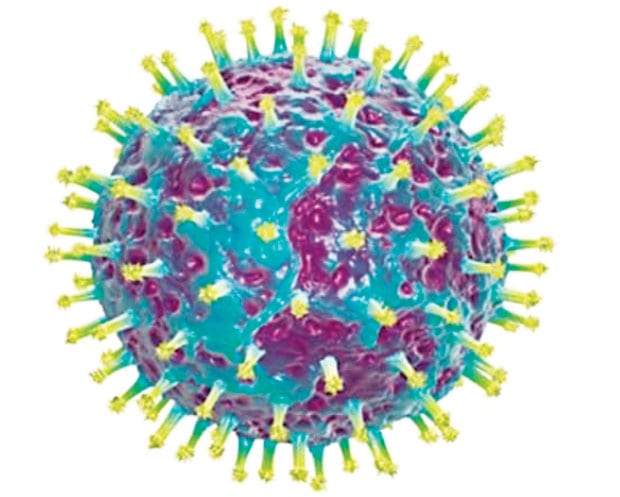Although this year’s vaccine may not provide complete protection, doctors still recommend getting a flu shot
DAVID TAFFET | Staff Writer
Two flu deaths have been reported in Dallas County since the 2014-2015 flu season kicked into gear, while many people testing positive for influenza report having gotten the vaccine.
There were 55 flu-related adult deaths in Dallas County during the 2013-2014 flu season.
Dallas County Health and Human Services has noted that the flu virus currently circulating locally and nationally is the H3N2 strain. The samples analyzed, however, are different from the virus included in this year’s vaccine.
Because of that, the 2014-2015 season could be another serious one for the disease.
AIDS Arms Executive Director Dr. John Carlo said the flu season started early this year. But since it usually lasts just about eight weeks, this flu season should end earlier than usual as well.
He explained how the flu vaccine is prepared: Samples of the virus are taken from around the world toward the end of the previous flu season.
In the southern hemisphere, flu season takes place during their winter — June through August. Samples taken give clues to which strains may emerge in the northern hemisphere several months later.
Carlo said scientists don’t know why flu hits during the winter. It’s not weather-related, since flu hits the tropics as well as colder climates, and in the U.S. this year, the states with the highest flu activity are Georgia through Louisiana, followed by Texas.
Carlo explained the H3N2 virus has shifted since it was detected earlier in the year, so the current vaccine may not be fully effective. But he still recommends that everyone get the vaccine, giving several reasons why.
Carlo said other strains circulating this season are included in the vaccine. And though it may not prevent this shifted strain, the vaccine could still limit the severity. He said at the very least, the vaccine doesn’t cause any harm and there’s a possible cumulative effect in getting a yearly inoculation.
While Dallas County has only seen an outbreak of the shifted H3N2 virus, also known as Influenza A, strains of Influenza B often begin to appear later in the flu season and could continue until as late as April. Cases of Influenza B have been seen already elsewhere in the U.S.
Carlo said he recommends that anyone with HIV get a flu shot.
“It’s absolutely essential for people with HIV to get the vaccine,” he said. “We’ve had excellent experience with it in the HIV community.”
Carlo said in addition to a compromised immune system, aging is a factor in flu. He said next year, the U.S. will cross a threshold in the HIV community: More people living with HIV will be older than 50, compared to the number of people under 50 who have the virus.
“As people with HIV are living longer, there’s double exposure,” he said.
Carlo’s advice for people who come down with flu symptoms is to contact their doctor and get Tamiflu. That medication helps only when begun within the first few days of contracting the flu. Carlo said it works well in combination with HIV medications.
AIDS Arms has a good supply of flu vaccine. Dallas County HHS offers the vaccine 8 a.m.–4 p.m. Monday through Friday at 2377 N. Stemmons Freeway, Room 141 at no charge.
Tarrant County offers flu vaccines in its six Tarrant County Public Health Centers at a cost of $25. Locations and more information at TarrantCounty.com.
This article appeared in the Dallas Voice print edition January 2, 2015.


